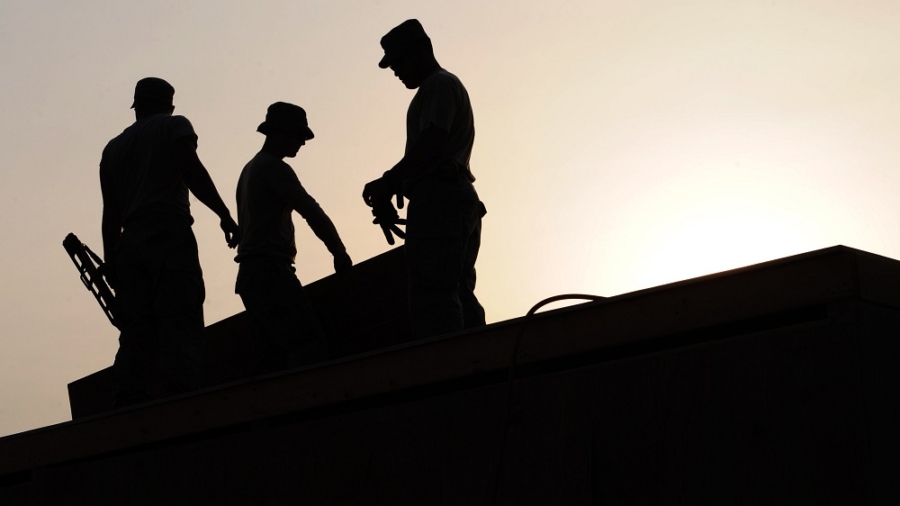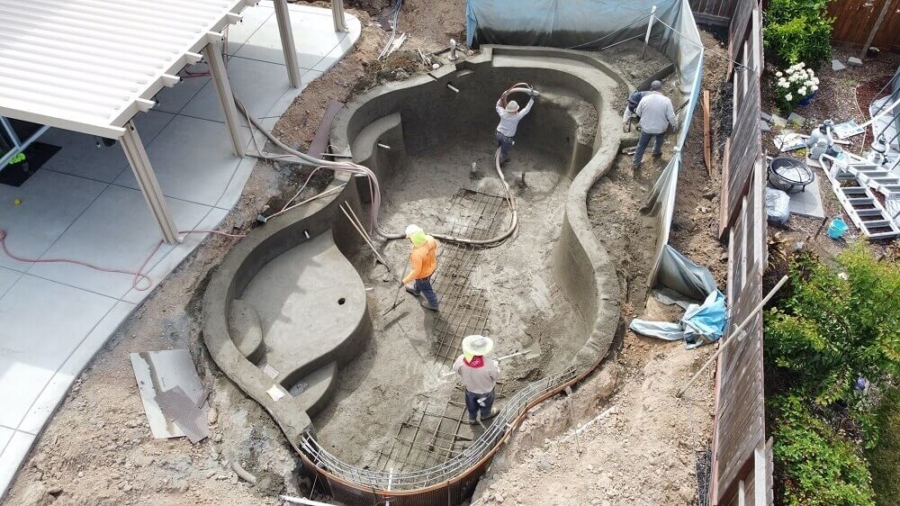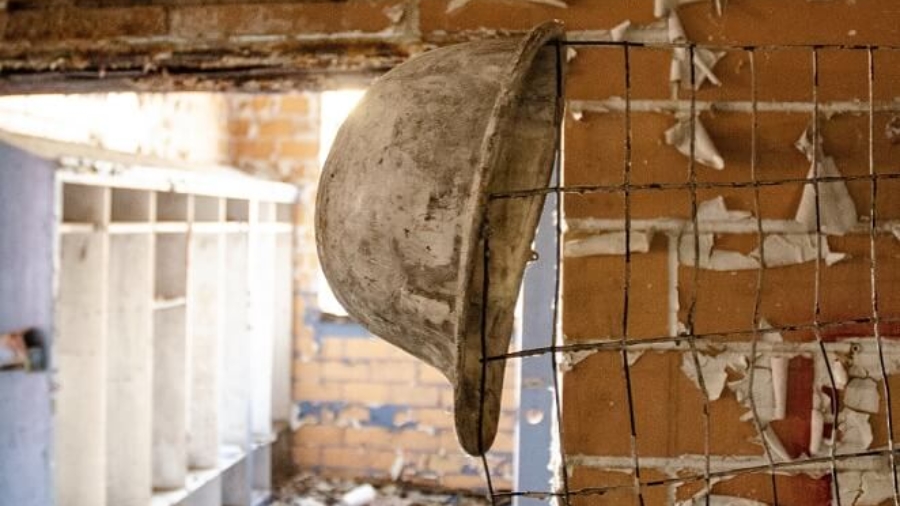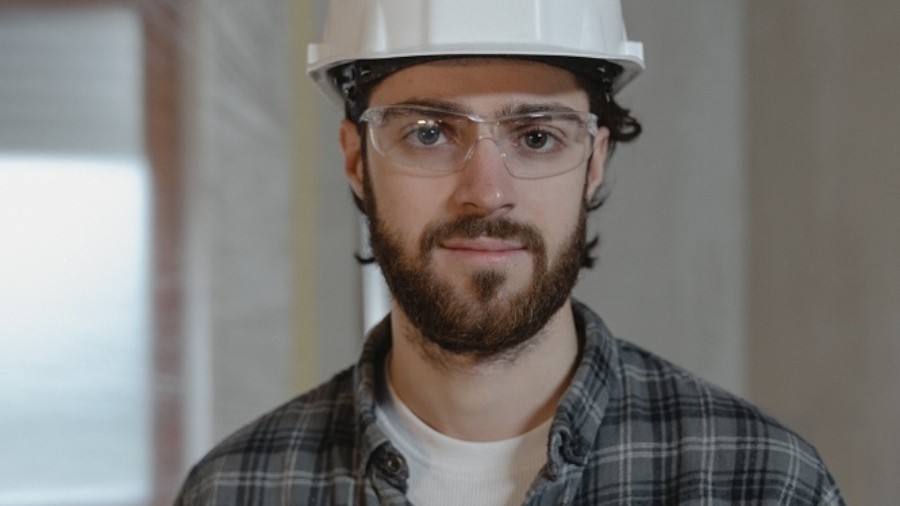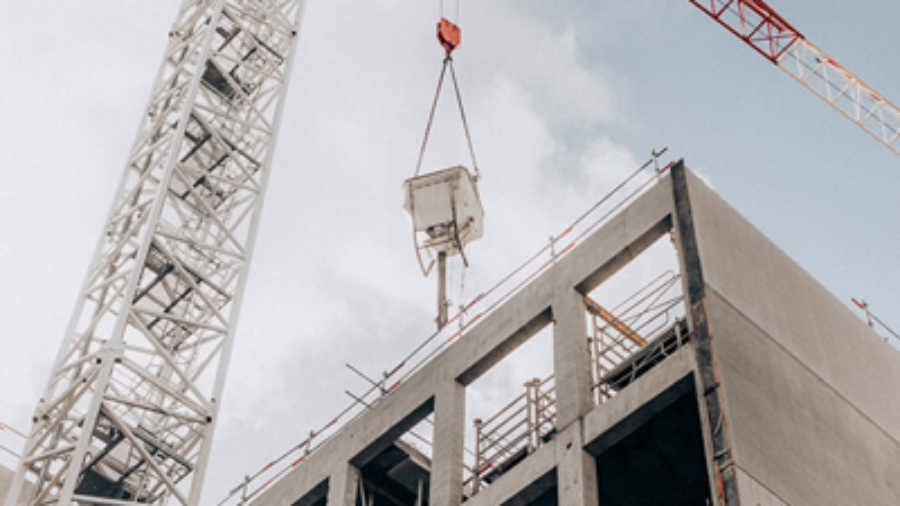When you hire a general contractor to oversee a residential construction project, you expect the general contractor to fulfill every legal obligation spelled out in a business contract. One of the most important issues to address concerns one or more construction defects. When a general contractor fails to fix a construction defect, the business contract signed by both parties should define how the homeowner should proceed with ensuring the construction defect gets fixed.
One of the legal actions that you can take involves filing a civil lawsuit that seeks monetary damages. When you meet with a construction attorney for an evaluation, the lawyer you meet with conducts a thorough review of your case to determine whether filing a civil lawsuit represents the most effective legal action. Perhaps the general contractor managing your residential construction process decides to address the construction defect or both parties agree to try and negotiate a settlement.
Your construction attorney provides several types of legal support, which includes ensuring you file a civil lawsuit that seeks monetary damages before the expiration of the statute of limitations. The statute of limitations establishes a deadline for a plaintiff to file a civil lawsuit concerning a construction defect. Each state has set a statute of limitations for filing a construction defect lawsuit. California has established the statute of limitations for construction defect lawsuits based on the type of construction defect case, such as breach of contract and one or more acts of negligence committed by the general contractor or one of the special contractors hired for just your residential construction project.
Breach of Contract
As a type of business and commercial law, a breach of contract for a construction project involves a homeowner hiring a general contractor to perform construction work on a residential property. The business contract clearly describes the responsibilities assumed by the general contractor, which includes following a process to fix any construction defects. When a general contractor refuses to follow the legal guidelines written into a business contract to address construction defects, the homeowner has the right to seek a legal remedy that can include receiving compensation for failing to repair property damage.
In California, homeowners have four years from the date of discovering a construction defect to file a breach of contract lawsuit for one or more construction defects. The four-year deadline applies to written business contracts. If the construction contract consisted of an oral agreement, the plaintiff has two years to file a civil lawsuit that seeks monetary damages.
Negligence
If a general contractor failed to follow proper construction project protocols, the homeowner might have a strong enough case to file a civil lawsuit for negligence. Causing a construction defect because of hiring an inexperienced special contractor represents an example of a general contractor committing an act of negligence. The construction attorney who represents you during a civil lawsuit must show the general contractor assumed a duty of care to prevent construction defects. Your lawyer also must prove the general contractor breached the duty of care doctrine, as well as committed an act of negligence that caused property damage and generated financial losses.
Why Hiring a Construction Attorney Can Help Build a Strong Case
Because of the complexity of California construction defect laws, hiring an experienced attorney can help you gain a better understanding of the various statutes, such as the statute of repose. Your construction attorney ensures you file a civil lawsuit before the expiration of the statute of limitations. If you fail to meet the deadline for filing a civil lawsuit, you can expect the court clerk processing your case to remove it from the judicial docket.
Alves Radcliffe, LLP — Construction Attorney
If you need assistance with an indemnity clause in your construction contract, call Alves Radcliffe, LLP at 916-333-3375 or send us an email. We have over 25 years of combined experience, and serve clients throughout Greater Sacramento, Northern California, and the San Francisco Bay Area.



